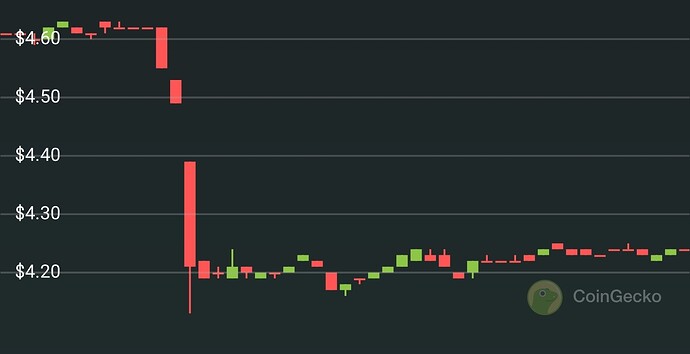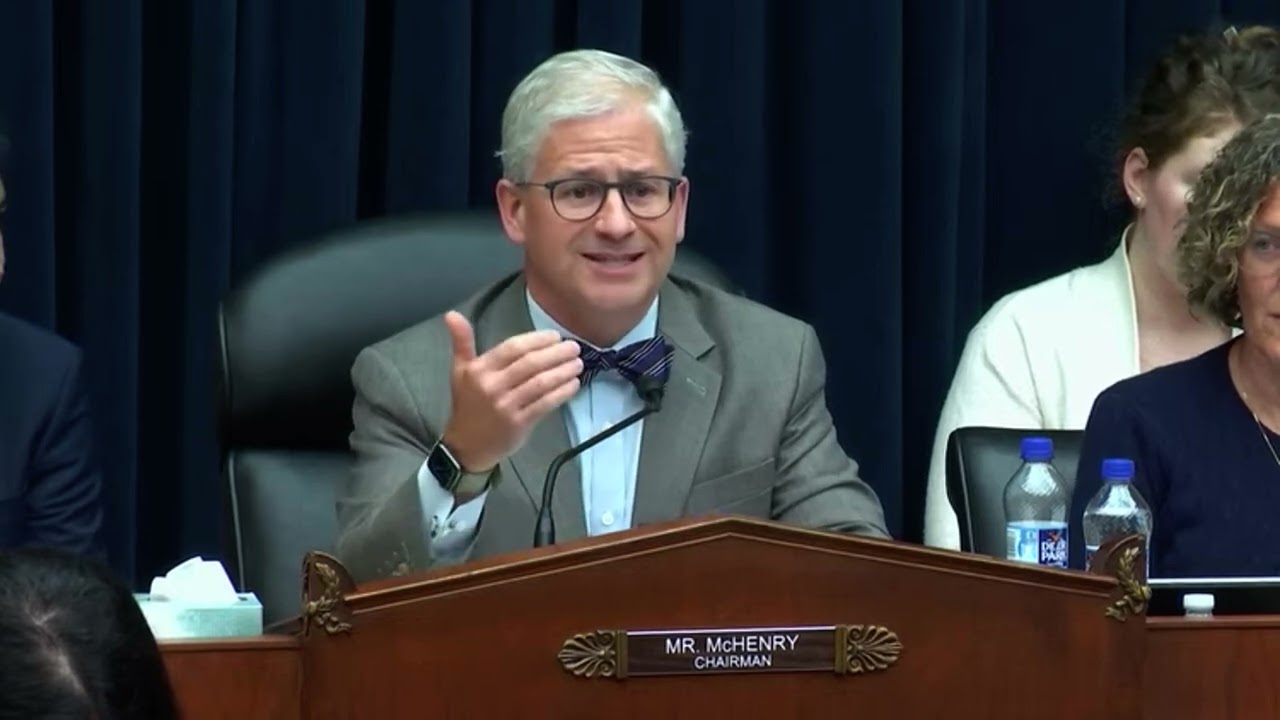lots of things don’t add up the way @tobbetj expects ![]()
Maybe I mix thinga up with horrible experiences with wrapped WETH Matic and similar. But one problem seems to be when Safe release those holding pulseMaid or similar will be worthless, no sane person would switch Emaid to pulseMaid which can’t be converted. Unless I can make good money I stay away from so called wrapped derivations of crypto, like it’s toxic waste. No matter if they can be converted, as a pulseMaid would not be able to be converted to SNT when Safe launch, the value of those would turn to zero around launch.
Seems karma is getting closer to example Richard Heart and Hex. People who wants to risk their funds with that mans project, have fun while it last. I find it funny when searched for news Richard Heart Hex. CryptoNews on Binance Feed: HEX threatens to implode as creator Richard Heart faces fraud accusations | Binance Feed
Will be interesting to follow if the sheeps are about to go to the slaughter and the shepherd of fire will burn in the flames of hell.
With the SEC on the warpath and some of us poor sods stuck in it up to our eyeballs.
Filecoin after the SEC protecting.
How does SNT differ and why.
@neo I know you have expressed views on security status, thoughts.
Also, if MAID is considered a security by the SEC does that mean SNT is considered the same or is it somehow not.
Jim is the best one to ask.
From what I see Jim saying about the submission they made was for SNT to be considered a “in game” style of token. I think the more correct name is “In Network Token” where the token’s purpose is to pay for network items within the network itself and receive tokens for doing In Network work (nodes). Like paying for storage, for compute (when done) and so on.
All in game/in network tokens can of course be brought and sold, so the fact you can do this is not an issue.
I do wonder though in a few years when there is an economy using SNT like cash outside of network operations they might want to change this. By then it will be hard to change it from “In Network” since its primary purpose is still to facilitate the operations (buy resources, sell work done) of the network. At that stage they may try to prevent the token being on exchanges (in USA) to remove any security concerns.
But Jim did express some minor concern in a recent post and knows a lot more about this than i do.
Oh and the foundation has nothing to do with the USA and is legally operating in its jurisdiction so really the SEC can only decide what happens for the US people.
The real risk is the uncertainty of how the SEC might push for a redefinition or expand the interpretation of US laws, pushed by Gensler’s crusade. And this crusade seems to be a personal one for some reason, other members of the SEC are not agreeing with Gensler’s actions, for example with Kraken’s case:
Also:
Now going to the point, well, based on our current understanding of the existing regulations, if Ripple wins their case, we could argue that the future SNT are not a security, but probably MAID is, as the funds were used to develop the network. (The common enterprise test, and the effort of third parties).
However MAID/SNT have the characteristics of ETH, as it was initially sold to raise funds to build the network but the further decentralization made it not be a security anymore. Gensler’s predecesor, Bill Hinman, believed it to be that way. (Btw, the CFTC already considers ETH and stablecoins to be commodities). Gensler on the other hand is trying his best right now, irrationally, to squeeze a narrative to bring it under the SEC’s umbrella.
His non answers to House Committee chair, Patrick McHenry, are pathetic:
Ironically the only tokens that seem to be passing the Howey test with flying colors are specifically the ones that are a threat to investors: meme coins.
- There is no reasonable expectation of profit
- Therefore, it is not an investment
- It is not a common enterprise
- there is no profits coming from the effort of a promoter or third party
Does the SEC control the Swiss financial authority?
No, however if there is a single American owning MAID, and the SEC considers that it is an unregistered security, they will sue Maidsafe no matter where they are in the planet.
That is why new projects forbid any US person (citizens or permanent residents) in participating in any ico or opening new accounts in exchanges.
What is the biggest roadblock for these companies to simply register the token as a security with U.S. regulators?
Available on Rokfin | Whitney is joined by Bitcoin Magazine’s Mark Goodwin to discuss how bitcoin is being used by some to dollarize the world and entrench the very same financial power structures, particularly in the developing world, that bitcoin was ostensibly created to challenge. Also discussed are suspect stablecoins and the roles of some in crypto in building out the global digital surveillance panopticon and testing those technologies on vulnerable populations.
So is that why they could sue the US branch of bittrex and not global bittrex?
Exactly, that’s how it works on paper. As long as the funds are completely isolated, the SEC wouldn’t touch the global company.
However, my understanding is that the SEC actually sued Bittrex global for some bullshit reasons (it said that Bittrex US was using technology from Bittrex global, which got everyone confused as that reason is nonsensical), so Bittrex is going to defend themselves by claiming that Bittrex Global never had any US customers.
I heard recently that non-US entities need to be extremely careful about firewalling from the US. If there is even a suggestion that some how, some thing, was done by US citizens, US agencies can/will get involved.
As a result, involving the US is toxic for the rest of the world. With recent SEC activity, even more so.
Let’s hope bittrex global have been keeping things very separate.
Yes, it is called the US nexus
Would it be fair to say that the U.S. strategy when it comes to cryptocurrencies is the same as its strategy when it comes to trade, military matters, etc: either they call the shots, or they actively sabotage if they can’t control the thing.
That is what it looks like from my cursory reading. The discussion of whether SNT will be viewed as a token, security, or otherwise, seems to presuppose that the U.S. is beholden to international laws and norms, and its own domestic laws. I think it’s probably quite obvious to at least the majority of people living in countries outside the U.S. how absurd this presupposition is.
It’s part of the reason I’m not convinced by the “hyperbitcoinization” story - if a monetary innovation genuinely threatened U.S. cultural and imperial dominance, they’d be throwing everything at it, either to gain influence and control over it, or to undermine it. There is evidence that they’re attempting both with Bitcoin, but it doesn’t look to me like they’re throwing everything they could at it. It’s an issue, but one they still feel relatively confident - incorrectly or not - they can control.
If something comes along which really feels like a threat to their power – legal definitions won’t matter a jot.
Obviously we should still do everything we can to protect ourselves in any way we can, but let’s also not forget these realities of power.
I think what Gensler is doing is more diabiolical than people realize.
The US banking consolidation is going to continue in bursts over the next year or three. The aim here - driven by the FED, is to consolidate people’s wealth into a handful of mega banks that are in agreement with the FED’s objectives.
During this consolidation period, they don’t want people to be able opt-out of their system. This is because the mega banks WILL limit what access people have to crypto - likely disallowing it completely.
Once the consolidation is done, they intend to introduce a CBDC and then the hyperinflation of the old USD can begin in earnest - which they will use to reduce the relative value of the US debt – as it’s valued in existing USD. During this time people will be herded into the CBDC, which won’t be pegged to the USD and hence will have little inflation.
It’s all a trap. Once people are using the CBDC’s they won’t be allowed out of this pen.
A glimmer of hope for U.S. regulatory sanity:
In my experience as a US citizen they are extremely vigilant. Not to say I was not able to find ways around it in the past.



